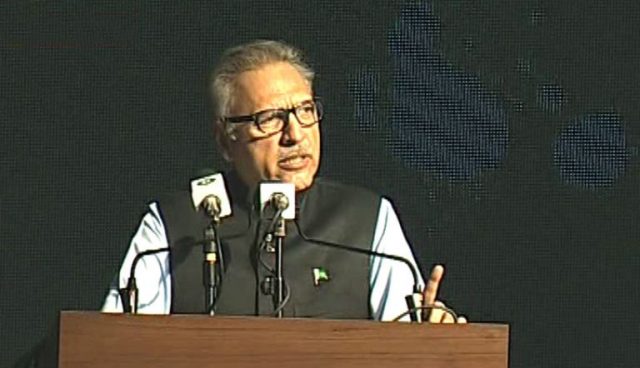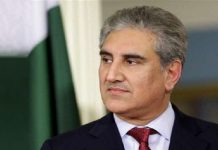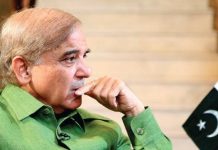مضمون کا ماخذ : سانتا کا سرپرائز
Murderers shrine reveals Pakistans struggles
BARA KAHU: Pakistan has renewed its vow to root out extremism after a fresh wave of attacks, but a rose-covered shrine in Islamabad built by some radicals to ‘glorify a murderer’ tells a tale of different mind-sets in the country. Followers of Mumtaz Qadri worshipped him as a hero at his tomb on Monday, the […]
BARA KAHU: Pakistan has renewed its vow to root out extremism after a fresh wave of attacks, but a rose-covered shrine in Islamabad built by some radicals to ‘glorify a murderer’ tells a tale of different mind-sets in the country.
Followers of Mumtaz Qadri worshipped him as a hero at his tomb on Monday, the start of a three-day festival marking the anniversary of his hanging on February 29, 2016.
Qadri assassinated former Punjab governor Salman Taseer in 2011, angered by the politician’s stance on Pakistan’s blasphemy laws. The state’s decision to execute him provoked uproar among his supporters.
“There could be 400,000 people,” Qadri’s father Malik Bashir Awan told AFP this month as he supervised preparations for the commemoration from his plastic chair at the shrine.
Up to 200 followers were praying and enjoying free food at the shrine on Monday, many coming and going through police-manned entry points, with more expected ahead of a conference on Wednesday where clerics will make speeches about Qadri’s so-called ‘sacrifice’.
Pakistan will also host a regional economic summit in Islamabad on Wednesday that will be attended by Turkish President Recep Tayyip Erdogan, with high security expected.
While the government showed unexpected determination by executing Qadri, his family said that it did not prevent them from burying him with a white marble tomb, adorned with four tapered minarets and a tiled green dome.
Each day dozens visit the shrine, built on a family plot bordering Islamabad, but within the capital’s territory.
Qadri’s family does not intend to stop there. His father hopes to build a madrassa (religious school) on the site and donations are already pouring in.
A military-led crackdown, supported by the government’s vaunted National Action Plan, led to a dramatic improvement in security since 2014 in Pakistan. But critics have long argued the initiatives do not go far enough.
Then, a wave of apparently coordinated attacks over the last fortnight killed 130 people and shredded optimism. Analysts say there are ‘visible signs’ that militants are regrouping.
For Arif Jamal, an expert in extremism, the presence of the shrine bolsters beliefs that contribute to extremism.
“Even for a peaceful Pakistani, the mere existence of such a shrine convinces people that the killing of Salmaan Taseer was actually good,” he told AFP, “It is a first step in radicalisation.”
But cleric Hanif Qureshi, whose fiery speeches helped inspire Qadri’s actions, was dismissive. “One year has passed, nobody has killed anyone,” he told AFP.
Observers are divided over the government’s inaction.
Saif-ul-Mulook, one of the prosecutors at Qadri’s trials, says the government’s will is weak.
“Knowingly paying homage to a murderer who has been judged as a terrorist by the highest court in the Constitution of Pakistan – what else can we say about the government?”
However, the cost of taking action could outweigh the dangers of allowing the memorial to flourish, said Zeeshan Salahuddin of the Centre for Research and Security Studies.
“If the government takes a step, goes after this shrine, there’s a very, very good chance there’s going to be anarchy in the streets,” he said.
The sanctuary’s existence also encourages supporters of the blasphemy laws, a hugely sensitive issue in Pakistan, where even unproven allegations can result in execution.
Critics – including the assassinated Taseer – have said the laws, which can carry the death penalty, are routinely abused to carry out personal vendettas.












